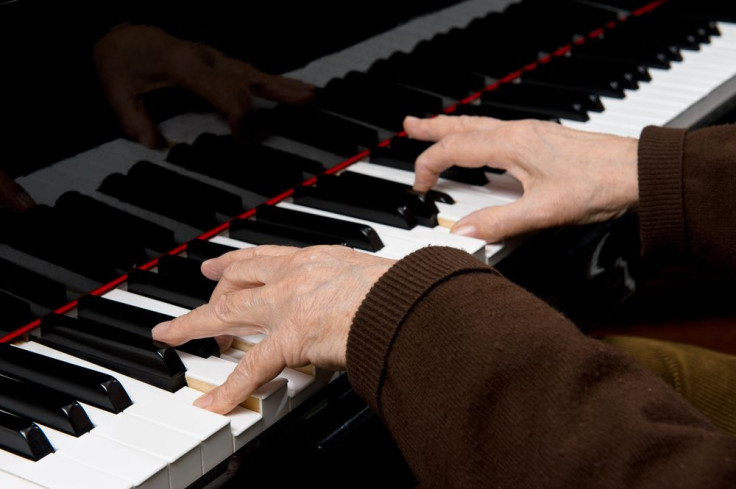One Time At Band Camp: How Musical Training In Youth Gives The Brain A Lifetime Of Protection

A new study suggests that those band lessons you took in high school may have some seriously long-lasting effects. Researchers from the Rotman Research Institute in Canada have observed that individuals who practiced a musical instrument during their adolescence and kept it up for at least a decade exhibited better cognitive functions in older age. The reason for this seems to be that musical training has a protective effect on the brain which can last ages.
It’s not groundbreaking news that music can have profound effects on the brain. For example, previous studies have noted that children who play a musical instrument do considerably better in school than children who do not. But does this advantage end once the education does? Apparently not.
“Musical activities are an engaging form of cognitive brain training, and we are now seeing robust evidence of brain plasticity from musical training not just in younger brains, but in older brains, too," lead author Dr. Gavin Bidelman said in a press release.
Bidelman and his team took two groups of healthy adults aged between 55 and 75 who were identical in every aspect except one: One group had been musically trained during childhood, while the other had not. The team tested the group’s speech identification abilities, a skill which has been linked to both spoken and written linguistic abilities.
In a controlled lab setting, the volunteers were given headphones and asked to listen to and identify random speech sounds. These ranged from single syllable utterances to more mixed and difficult to differentiate sound combinations. Simultaneous to this, the researchers used electroencephalography imaging to assess the brain activity of the volunteers. Results showed that adults who had a history of musical training performed 20 percent faster on the task. The team hypothesized that this was because musical training helped to “preserve” the brain’s cognitive function.
“We saw a brain-behavior response that was two to three times better in the older musicians compared to non-musicians peers,” Bidelman added. “In other words, old musicians' brains provide a much more detailed, clean, and accurate depiction of the speech signal, which is likely why they are much more sensitive and better at understanding speech.”
The link between music and general intelligence is a subject which has long fascinated scientists. While there is evidence that students who play musical instruments outperform their non-musical peers, there is no clear reason why this is so. Is it that intelligent people show a natural inclination for learning a musical instrument or that playing a musical instrument has a profound effect on the human brain?
In one recent study, researchers believe they witnessed a child’s brain change after exposure to music education. Dr. Nina Kraus from Northwestern University monitored the brains of children suing a “quick but powerful neural probe” and found that musical education affected the part of the brain associated with speech recognition. According to Kraus, her study demonstrates that “community music programs can literally 'remodel' children's brains in a way that improves sound processing, which could lead to better learning and language skills,” Medical Daily reported.
Source: Bidelman GM, Alain C. Musical Training Orchestrates Coordinated Neuroplasticity in Auditory Brainstem and Cortex to Counteract Age-Related Declines in Categorical Vowel Perception. The Journal of Neuroscience. 2015.



























